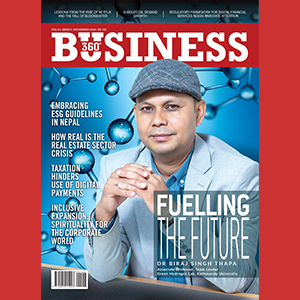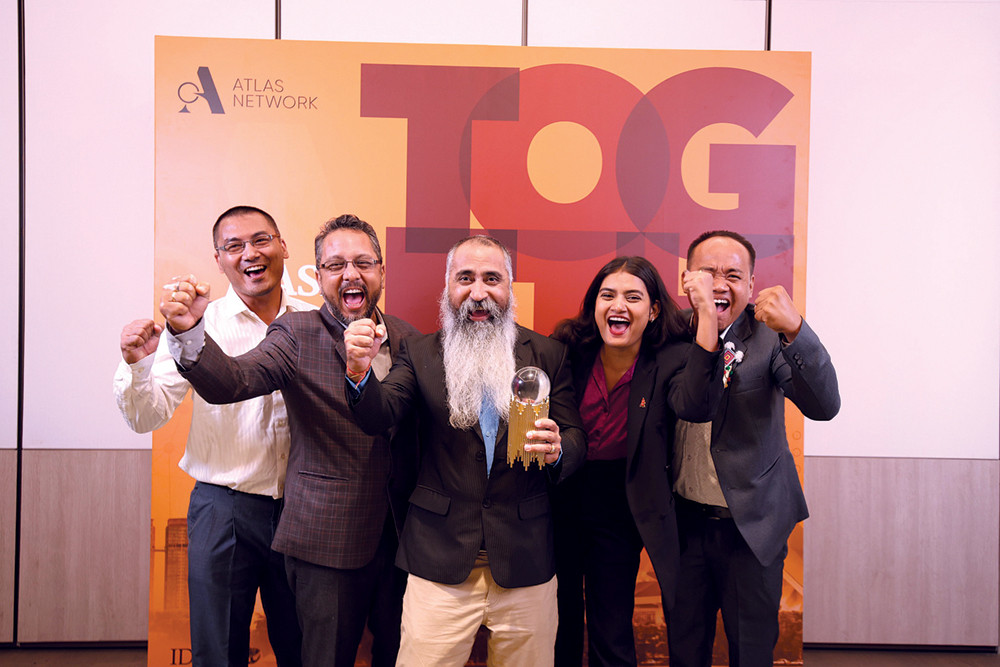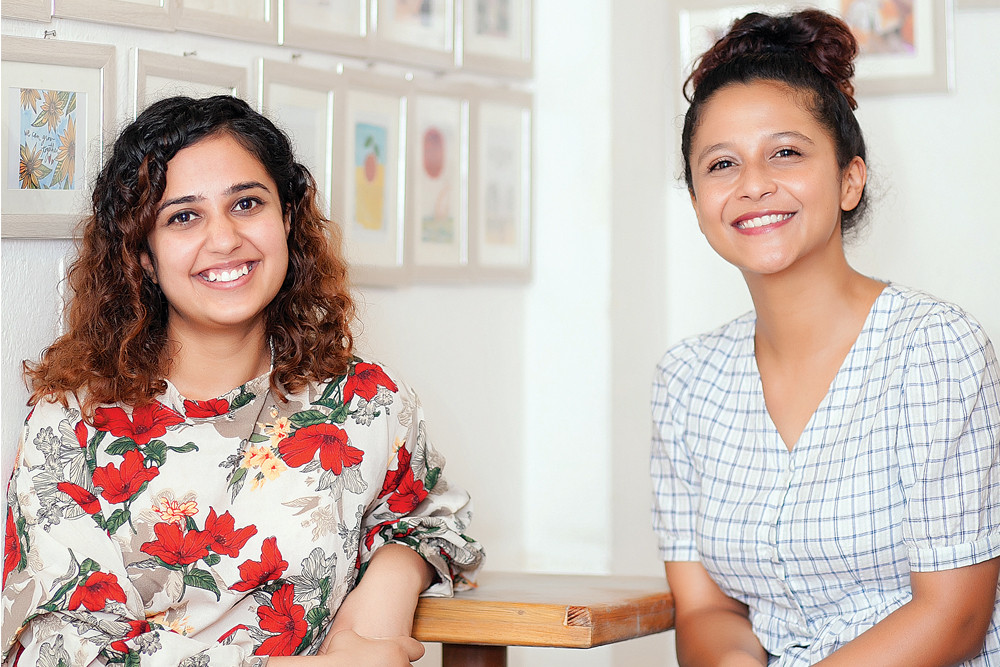
Anima Piya
Co-founder, Zero Circular
Ideas of innovation are usually born out of the sheer will to solve a problem. It was the exact same for Anima Piya, Co-founder of Zero Circular. After leaving her engineering job, Piya decided to pursue a career focused on environmental welfare, utilising the existing resources of her father’s plastic manufacturing company. “During my research and job search in this field, I came across the concept of bioplastics which intrigued me. It was during this time that I learned about Utopia Kathmandu and GD Labs which were working on a project named WasteX centred around material circularity and waste scenario in Kathmandu. What caught my attention was their exploration of the potential of bioplastics in this context as well,” Piya recalls. Ever since they have been working together to transform WasteX into Zero and lay the seeds for establishing and promoting biodegradable plastics in Kathmandu. Their initial focus and vision are to address the future of regenerative urban living in Kathmandu by transforming urban consumption habits into a circular materials use loop. She says, “We promote the adoption of compostable and biodegradable alternatives. These bags are derived from agricultural sources, and they undergo biodegradation within a span of 180 days, aligning with our commitment to circularity.” Piya elaborates that people tend to neglect the amount of plastic waste they generate in their lifetime. Zero Circular was officially registered in June 2022; however, Piya has been committed to this idea and was conducting extensive research since 2020, laying the foundation for the business and the development of innovative solutions. One of their unique selling propositions is their cornstarch-based bioplastics which are biodegradable alternatives that offer a compelling solution to conventional petroleum-based plastics. “Within a period of just 180 days, our products can fully degrade in a home compost bin, garden, or suitable environment. We take pride in providing items that possess all the functional properties of traditional plastics. Whether it’s waterproof, airtight, or dust-proof, our products offer exceptional performance without burdening the planet for centuries to come,” Piya informs. “The bioplastic market in Kathmandu is still in its infancy with limited awareness about sustainable alternatives. Currently, there are no bio-based, compostable plastics produced or readily available in Nepal,” says Piya. However, Zero Circular has been proactively establishing itself in the market by steadily building a customer base consisting of local businesses. “These businesses have recognised the growing demand from their users for sustainable packaging solutions and the added brand value that comes with embracing eco-friendly practices,” she says, adding, convincing the first set of buyers and sellers was not without its own challenges. Piya says the main challenge is the lack of awareness and understanding about bioplastics in Kathmandu. Additionally, the limited availability of compostable plastics which requires imports, raises costs and other logistical challenges. “Moreover, the cost-effectiveness of traditional plastics hinders the adoption of bioplastics by businesses. Furthermore, the absence of strict enforcement of plastic ban and regulations adds complexity to the market dynamics,” she elaborates. To promote the use of biodegradable plastics, they are trying to build a demand for bioplastics in Kathmandu through clients in retail and hospitality businesses, municipality partnerships, and digital and physical end-user interactions. Since its inception, Zero Circular’s focus has been on generating market appetite and strengthening distribution channels to promote greater circularity within cities. This entails creating demand for sustainable products and expanding their reach to facilitate the adoption of circular practices. Working on a comprehensive marketing strategy, they are additionally engaging with various platforms that support startups like NYEF and CNIYEF. Piya is positive about embracing entrepreneurship as a viable career path, however, challenges of limited access to capital and bureaucratic hurdles remain. She believes that as a new business, it is essential to take calculated risks and be willing to learn from failures. She says, “Start small, test your ideas, and iterate as you go. Also, instead of solely focusing on developing new solutions, take time to identify existing problems and determine if there’s a genuine demand for your product or service.” READ ALSO:
Published Date: June 27, 2023, 12:00 am
Post Comment
E-Magazine

Click Here To Read Full Issue
RELATED Innovation



.jpg)


.jpg)